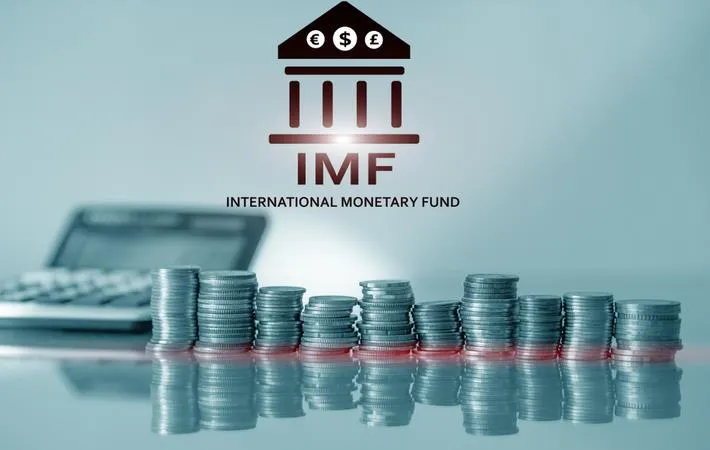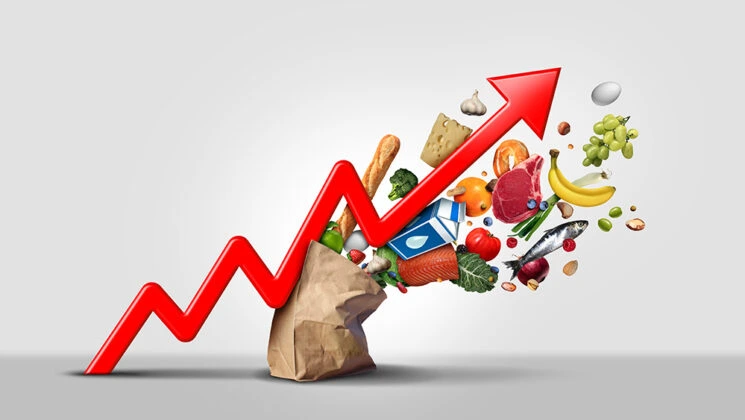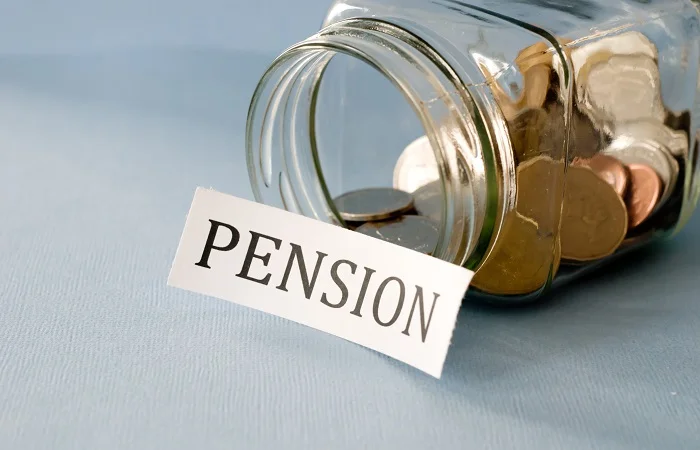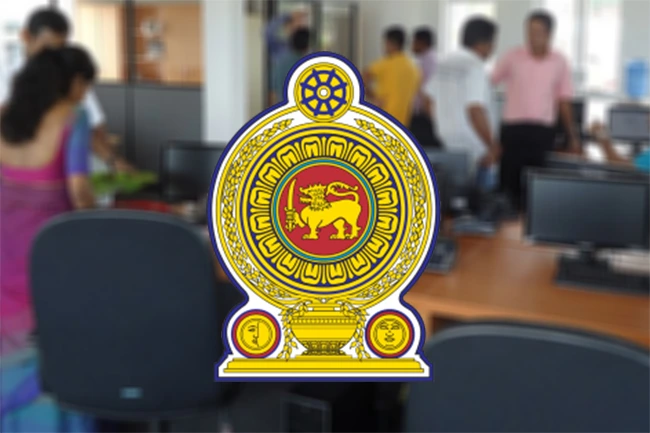Introduction: Why the Social Index Matters in Sri Lanka
In the pursuit of national progress, GDP growth often takes center stage. But for everyday citizens, real progress is more deeply felt in terms of quality of life—the comfort, security, and opportunity that define daily living. That’s where the Social Index becomes crucial. It measures human development through indicators such as health, education, access to services, income distribution, and social protection.
In Sri Lanka, these social indicators provide an essential counterbalance to economic metrics. This article examines how our Social Index impacts citizens’ lives, identifies progress and gaps, and suggests ways forward to build a more equitable and fulfilling society.
What is the Social Index?
The Social Index—often captured through tools like the Human Development Index (HDI), Social Progress Index (SPI), and Multidimensional Poverty Index (MPI)—measures the non-economic dimensions of development. These include:
- Health & Life Expectancy
- Educational Access & Literacy
- Income Equality
- Access to Clean Water, Housing, and Sanitation
- Gender Equality
- Social Safety Nets
- Political and Civil Freedoms
- For a country like Sri Lanka, where the economy is in transition and rebuilding post-crisis, the Social Index becomes a window into how people actually live—not just how much the country earns.
Health: The Backbone of Well-Being

Sri Lanka has long been recognized for its strong public health system, especially when compared to other South Asian nations. Free healthcare, vaccination programs, and maternal care have significantly increased life expectancy—currently averaging around 77 years.
However, the Social Index reveals inequalities in rural vs. urban access, mental health services, and post-pandemic healthcare recovery. A robust health infrastructure improves not just lifespan but the quality of those years—reducing preventable diseases, increasing productivity, and lowering poverty cycles.
Education: A Legacy Under Pressure
With a literacy rate above 92%, Sri Lanka has historically taken pride in its free education system. The Social Index ranks Sri Lanka relatively high in educational attainment. However, deeper analysis reveals cracks—especially in rural school infrastructure, outdated curricula, teacher shortages, and poor digital access.
The shift to online learning during COVID-19 exposed digital inequality, especially for students in plantation and conflict-affected areas. A truly high-performing education index must consider not just access, but relevance, quality, and future-readiness.
Income Inequality: The Hidden Divider
While Sri Lanka’s middle class is growing, income inequality remains stark. The Gini coefficient, which measures income distribution, has hovered around 0.39, reflecting a significant gap between the richest and poorest.
This disparity affects housing, food security, education access, and even justice. Low-income families, especially in estate and rural sectors, often experience social exclusion despite macroeconomic growth.
Improving the income equality component of the Social Index requires better social protection programs, rural development initiatives, and more inclusive economic planning.
Gender Equality: Progress with a Long Road Ahead
Sri Lanka has a proud legacy of producing the world’s first female Prime Minister, yet today its Gender Inequality Index (GII) suggests room for growth. Labor force participation for women is only around 34%, and women’s representation in Parliament remains under 6%.
Issues such as gender-based violence, workplace discrimination, and access to reproductive healthcare affect women’s experience of quality of life. Closing gender gaps not only improves individual well-being but boosts national productivity and resilience.
Social Protection & Services: A Safety Net or a Weak Thread?
Sri Lanka offers a broad range of welfare programs—Samurdhi benefits, free school meals, subsidized transport, and pensions. Yet, these programs often suffer from poor targeting, underfunding, and political misuse.
A well-functioning social protection system is vital for shielding citizens from shocks—be it job loss, illness, disability, or inflation. Without this, vulnerable groups fall through the cracks, directly impacting the Social Index scores and worsening the poverty cycle.
Environmental Sustainability & Community Well-Being
The quality of life is also tied to clean air, green spaces, sustainable agriculture, and protection from environmental disasters. Sri Lanka’s vulnerability to climate change, especially flooding and droughts, directly affects poor communities.
The Social Index considers environmental quality as part of sustainable human development. Cleaner environments reduce disease, improve mental health, and create more livable cities.
How Social Index Metrics Influence Policy
For policymakers, the Social Index isn’t just a score—it’s a diagnostic tool. It helps governments shift focus from mere economic growth to inclusive, sustainable development.
A low Social Index alerts leaders to invest more in:
- Healthcare and rural clinics
- Women’s education and employment
- Affordable housing and transport
- Pension schemes and disability insurance
- Nutrition programs and child welfare
- Sri Lanka’s path to becoming a truly middle-income country depends not just on FDI or exports—but on human dignity and social fairness.
The Way Forward: Building a Balanced, People-Centered Economy
As Sri Lanka reforms its economy post-crisis and engages with IMF-backed restructuring, the Social Index should guide national priorities. Economic stability is vital—but meaningless if it doesn’t reflect in better public services, empowered citizens, and equal opportunities.
By investing in human capital, Sri Lanka can lift not only its people but also its prospects. A better Social Index means a better life for all—not just for the privileged few.
Conclusion: Quality of Life is the True Measure of Success
The Social Index is a mirror, reflecting how well a country serves its people—not just how much money it makes. For Sri Lanka, real progress means improving lives on the ground: healthier families, smarter youth, safer homes, and fairer futures.
As citizens, voters, and changemakers, we must hold policymakers accountable to these human-centered goals. The numbers matter—but only when they truly change lives.











